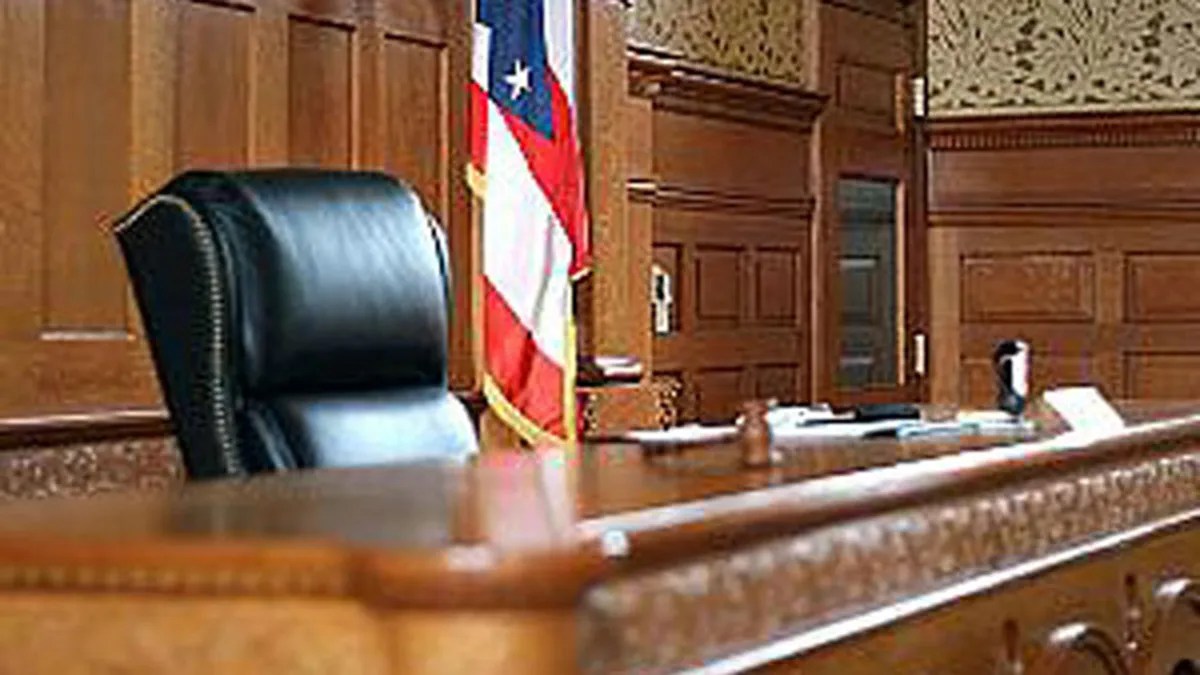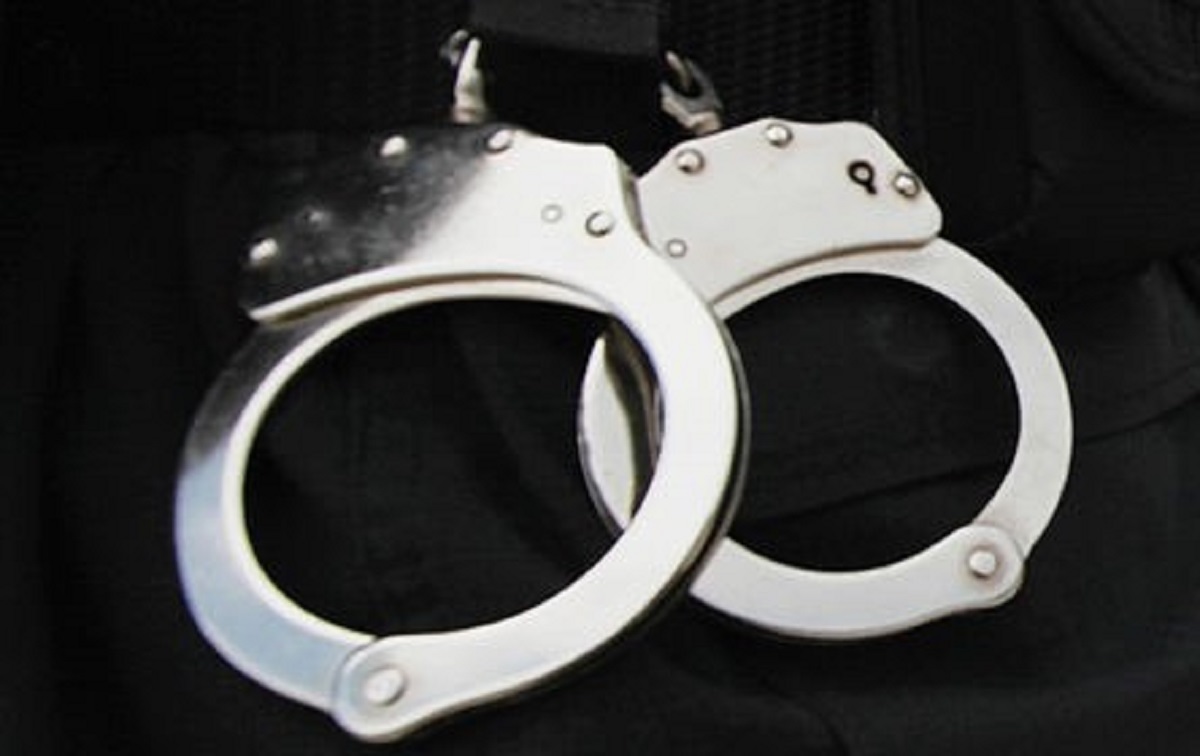The SUV driver involved in a Metro-North train wreck that claimed six lives in the deadliest accident in the commuter rail's history was "a beautiful soul" who always took a genuine interest in others, her rabbi said Friday outside her funeral.
Many young adults were among the mourners at the Dobbs Ferry funeral for Ellen Brody, a 49-year-old mother of three daughters in their teens and 20s.
"I was looking through our archives last night. We have dozens of pictures of Ellen," Rabbi Benjy Silverman said before the service. "And in each one, without fail, she has a huge smile, a warm smile. We call it the Ellen Smile."
She was "a beautiful soul" who also found beauty in others, Silverman said. "She adored her daughters and husband. She was their biggest fan and supporter."
Brody's husband, daughters and brother spoke at the "sad and moving" service, said Greenburgh Town Supervisor Paul Feiner, a family friend.
The service was "a celebration of her life. ... Everyone said she was upbeat. There was a universal description of her life as a very warm, caring, compassionate, kind, giving person."
Brody worked at a suburban jewelry store and was married to Alan Brody, an author and journalist. She was active in Chabad of the Rivertowns throughout the synagogue's 12 years.
Local
"She was a warm, vivacious and dynamic presence in our lives, and the most loving and nurturing mother, wife, daughter and sister," Ellen Brody's family said in a statement.
Another funeral was planned Friday in Mount Kisco for 53-year-old Eric Vandercar, one of the five train passengers killed.
According to investigators' preliminary findings, Brody's car was in the danger zone inside railroad crossing gates for about half a minute before the train hit.
Brody got ahead of the crossing gate in inching traffic, then got out of her car to examine it after the gate came down and hit the back of it, a witness has said. But then she got back in, seeming unhurried, and advanced onto the track, the witness told news outlets and investigators.
The train's engineer also told investigators that he saw the car moving onto the tracks.
A relative of Brody's expressed condolences at her funeral for the other victims' families, but her role in the accident was not mentioned, Feiner said.
Data recorders also show the Metro-North Railroad train's engineer hit the emergency brakes and sounded the horn as the train bore down on the Valhalla crossing, traveling 58 mph in a 60 mph zone, National Transportation Safety Board Vice Chairman Robert Sumwalt said. The train was going 48 mph when it hit the car, after the engineer hit the emergency brakes.
Flashing warning lights at the crossing illuminated 39 seconds before the crash, and the gates came down a few seconds later, Sumwalt said. That would leave about 30 seconds that the SUV was inside the gates.
Investigators haven't found any problems with the warning signals or the nearby traffic lights, which are synced to let drivers clear the crossing when a train is coming, Sumwalt said. The crossing also had painted warnings on its pavement, and a sign 65 feet from the rail warns drivers not to stop on the tracks, he noted.
After the impact, flames enveloped the SUV and part of the train, and the electrified third rail pierced them. Hundreds of passengers scrambled through spreading smoke and fear, some helping each other to escape despite their own injuries.
Trains hit cars on the tracks many times a year, but such crashes rarely kill train riders. Investigators have emphasized that they want to figure out why this one did, becoming the deadliest accident in the 32-year history of one of the nation's busiest commuter railroads.



